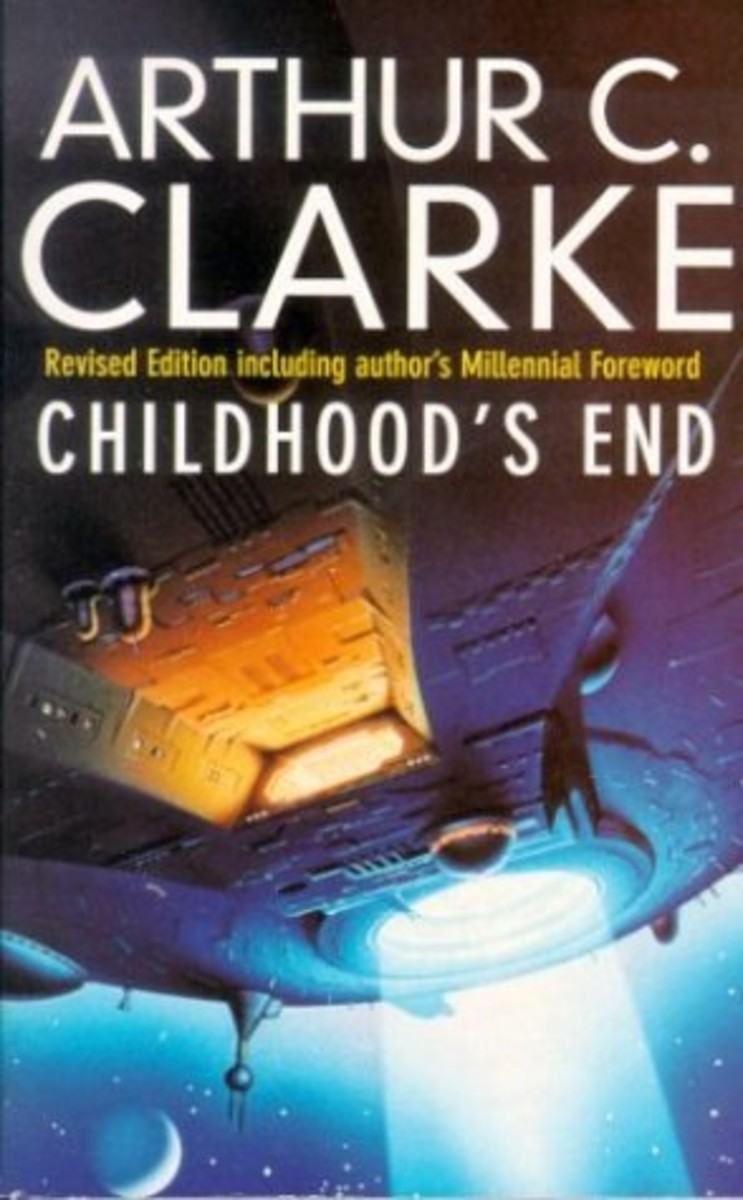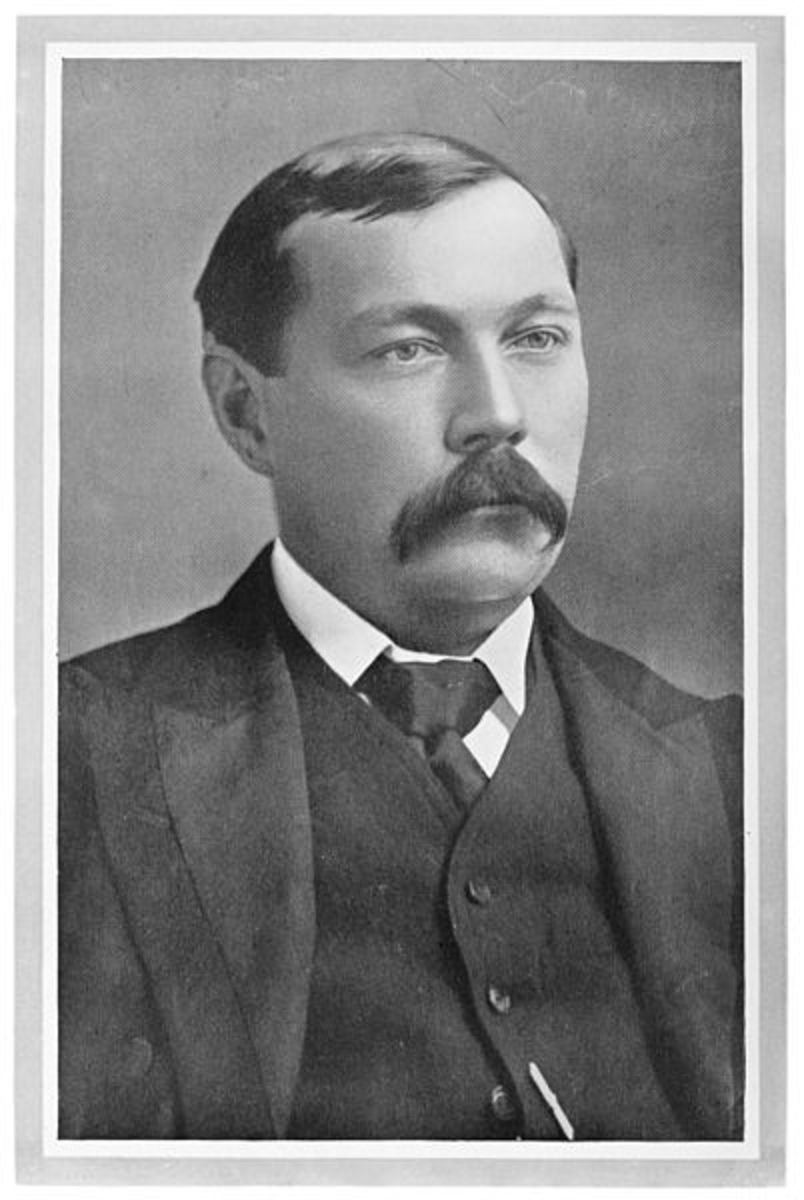- HubPages»
- Books, Literature, and Writing»
- Books & Novels»
- Fiction»
- Science Fiction & Fantasy Books
What is Space Opera?
Not all sci-fi is set out here
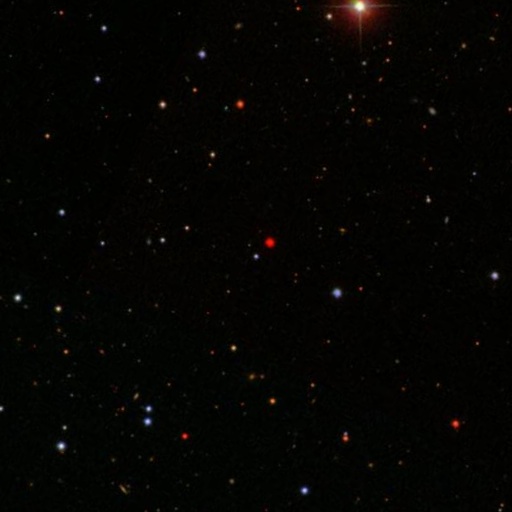
The first kind everyone thinks of
When you mention the science fiction genre to most people the first thing that will pop into their heads are shows like “Star Trek” or Star Wars. While these are examples of sci-fi they are a subset of the genre often called space opera that is set apart from the rest of the genre in several ways. What makes space opera different from the rest of science fiction? Why has it been so much better at capturing the imagination of the general public than other subsets of sci-fi?
Start with the obvious
It probably seems like a no brainer to say that space opera is set in space. It must be noted though that the setting is never a single alien world, that would be a planetary adventure. In space opera if the characters don't actually live on their spacecraft they certainly seem to spend more time there than at home. As a result of the migratory lifestyle of space opera characters the worlds they visit are often not explored in great detail. Some space opera characters barely even set foot on planets instead their time might be spent moving freight from world to world or protecting those who do. When characters in this sub genre do visit a world it's often just long enough to solve a particular crisis. Civilizations visited are often not explored in any detail, often only a single alien community is visited, though it may be represented as an exemplar for the entire species. The language barrier with an alien race may be explored especially in novels where the process can be summarized in a few sentences. In T.V. and movies however, unless the language barrier is important to the plot, some kind of translation device is assumed, the learning process is glossed over or the issue is outright ignored. In an ongoing series any linguistic difficulties may receive mention in a single episode and be assumed to happen “Off camera,” the rest of the time. Likewise the alien-ness of other worlds is often glossed over. Slight differences in gravity or atmosphere may be mentioned but usually only briefly and are seldom shown to impact the characters. Sometimes a world will even be reduced to a single environmental type. While this is criticized as unrealistic by some there are real examples, Europa is a real ice world for example as was Earth during our most extreme ice ages.
Travel at the speed of plot
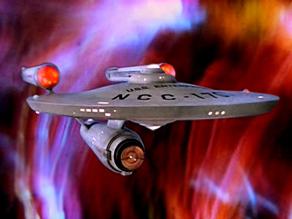
It gets around
A natural corollary to the planet hopping nature of space opera stories is the almost universal existence of some kind of faster than light travel. Warp drive, hyperspace, jump drive, star-gates, are all means storytellers have used to get their characters around. Though some lip service may be paid to equating the speed of the travel method with some real world speed but most often the characters travel at whatever speed the plot dictates. Sometimes a space opera like “Firefly” will portray a setting without faster than light travel but this either necessitates a single solar system or excessive travel time. Regardless of the means of travel a storyteller uses, unless the story is specifically set aboard a ship in transit, travel time is often simply glossed over or bridged with one or two scenes.
No robot overlords here
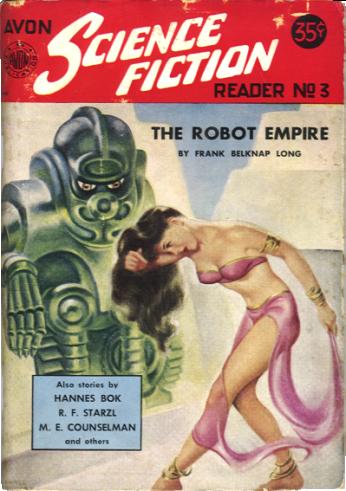
What usually isn't there
Regardless of how much space opera characters use computers, artificial intelligences are considerably less prominent in this sub genre than others. Electronic minds might be rare (if not completely unique) or entirely absent. In the rare cases where artificial entities are common they are somehow deficient in comparison to organic minds. Whether it be how the Droids of Star Wars which are mostly brilliant in limited fields but deficient elsewhere or how the titular Andromeda from “Gene Roddenberry's Andromeda” required a living pilot to travel faster than light, or Asimov's laws. Something is used to keep the machines subservient. Only rarely do you find a space opera like “Schlock Mercenary” which depicts A.I. as relatively common and in most ways superior to their creators but who for ethical and legal reasons haven't superseded their organic leaders (usually).
Why is it so popular?
So what about space opera gives it the power to capture our imagination so much? Why is it the first kind of story most people think about when science fiction is mentioned? Granted there have been some famous examples in the mass media. However famous space opera like “Star Trek” and Star Wars haven't been the only mass media attempts at sci-fi but these space operas have been the ones to gain the most traction. One would assume that other sub-genre would be easier to produce for television or film. Time travel stories could use existing costumes and set dressing. Near future needs cosmetic tweaks to existing locations to make them look futuristic. The desolate landscape of Americas southwest makes an excellent backdrop for a post apocalyptic story. Space opera requires all kinds of effects to show the ships flying and depict alien worlds. One might assume that from a production cost standpoint space opera would be one of the hardest to sell to a studio. Strangely stories in other sub-genre have been fairly successful in print but haven't been able to make the transition. Yet not only has space opera sold it has sometimes thrived. Some of this is no doubt a product of the few spectacular successes that have occurred. As soon as anything does well it will spawn a host of imitators some of which might be good enough to enjoy success of their own.
Scope
Another reason for the sub-genres success may be it's scope. A near future story must abide by whatever basic principals they began with. A time travel story can only travel in time. Space opera has a much broader area to work with. A space opera cast can visit a world where A.I. are in charge or travel in time without it having an impact on the larger universe in which their stories are set. This allows space opera to delve into the territory of most other types of sci-fi if only briefly.
Hope
Finally space opera is among the most hopeful type of science fiction. Whatever problems the characters in space opera may face they are shown as humans facing them. The characters aren't post apocalyptic mutants or cyborgs (if they can help it). Whether they are set in the future or across the universe their advanced technology shows they have weathered whatever crisis we are facing. They haven't been uploaded to computers or become enslaved to them. Indeed the characters in space opera are cast in the mold of humanities heroic archetypes. Swashbucklers and gunslingers have both found a new home in the sub-genre for example. Last but not least the genre demonstrates that there are still new frontiers to explore and blank edges of the map to fill in.


